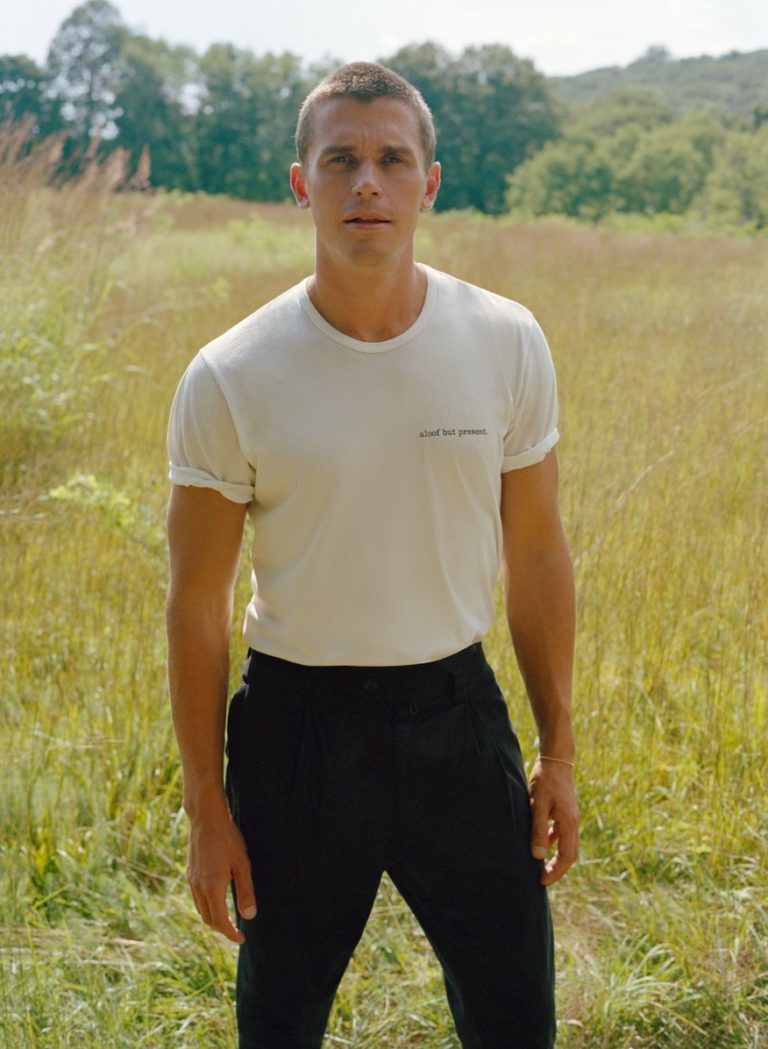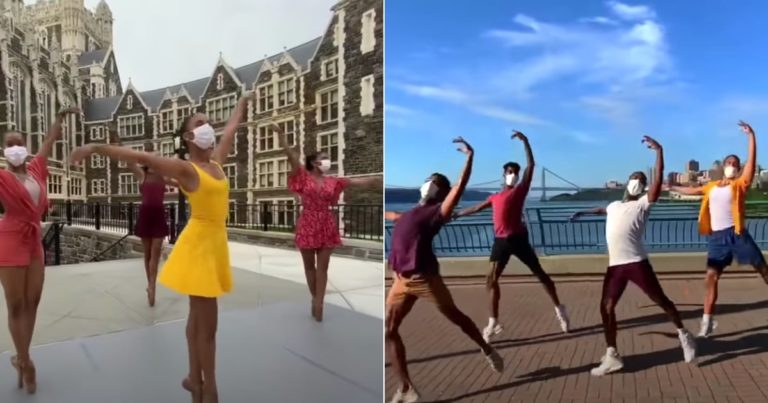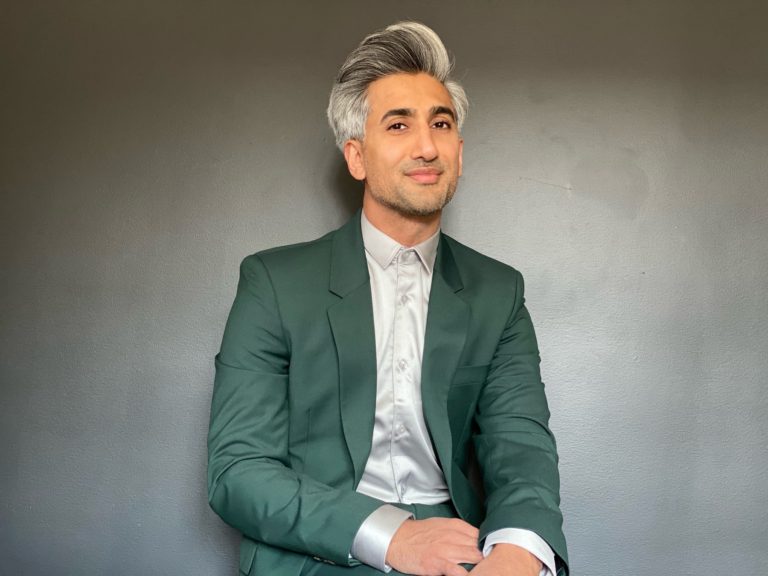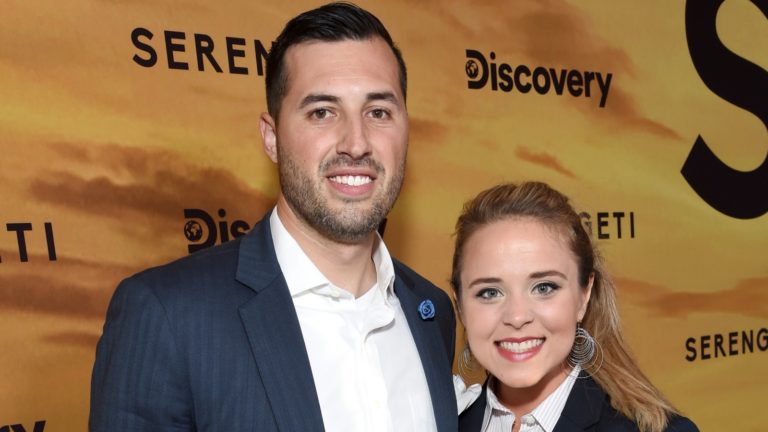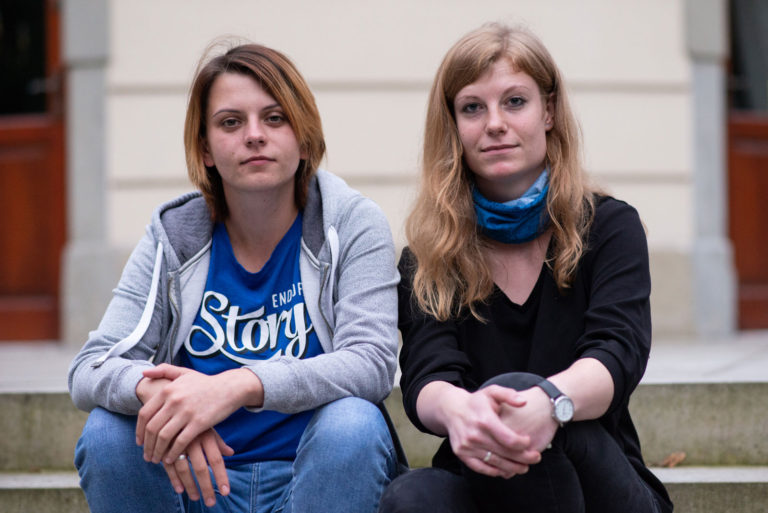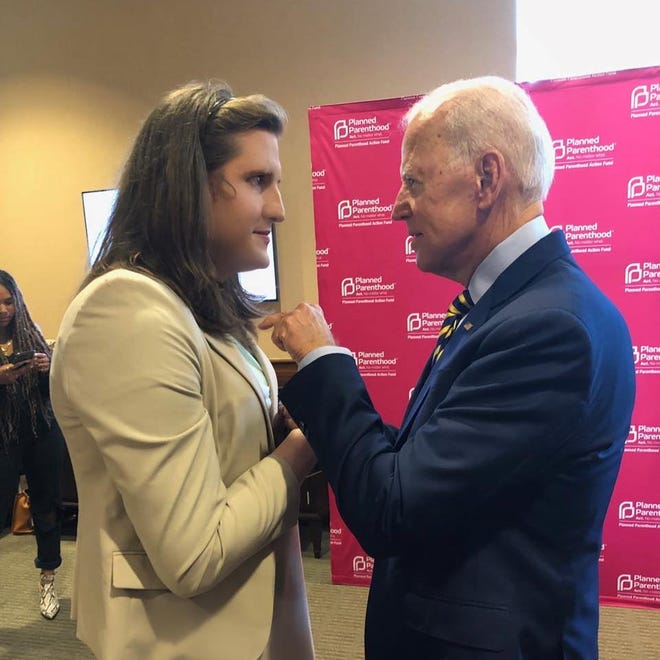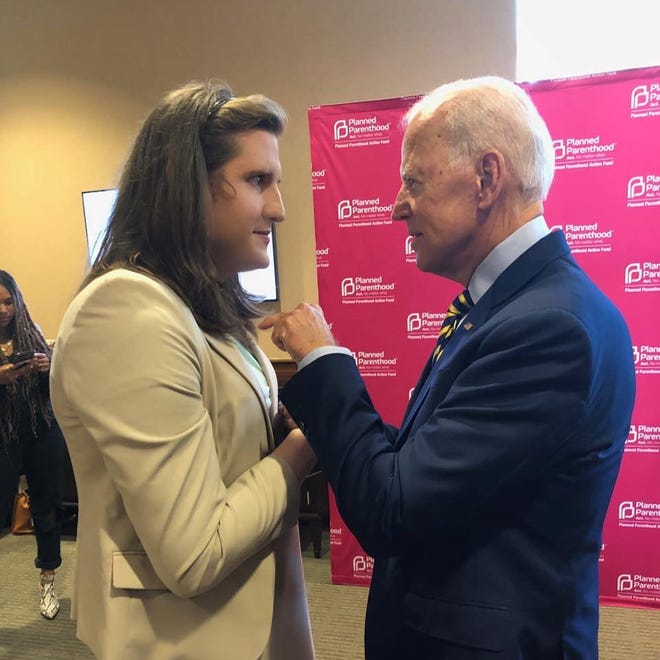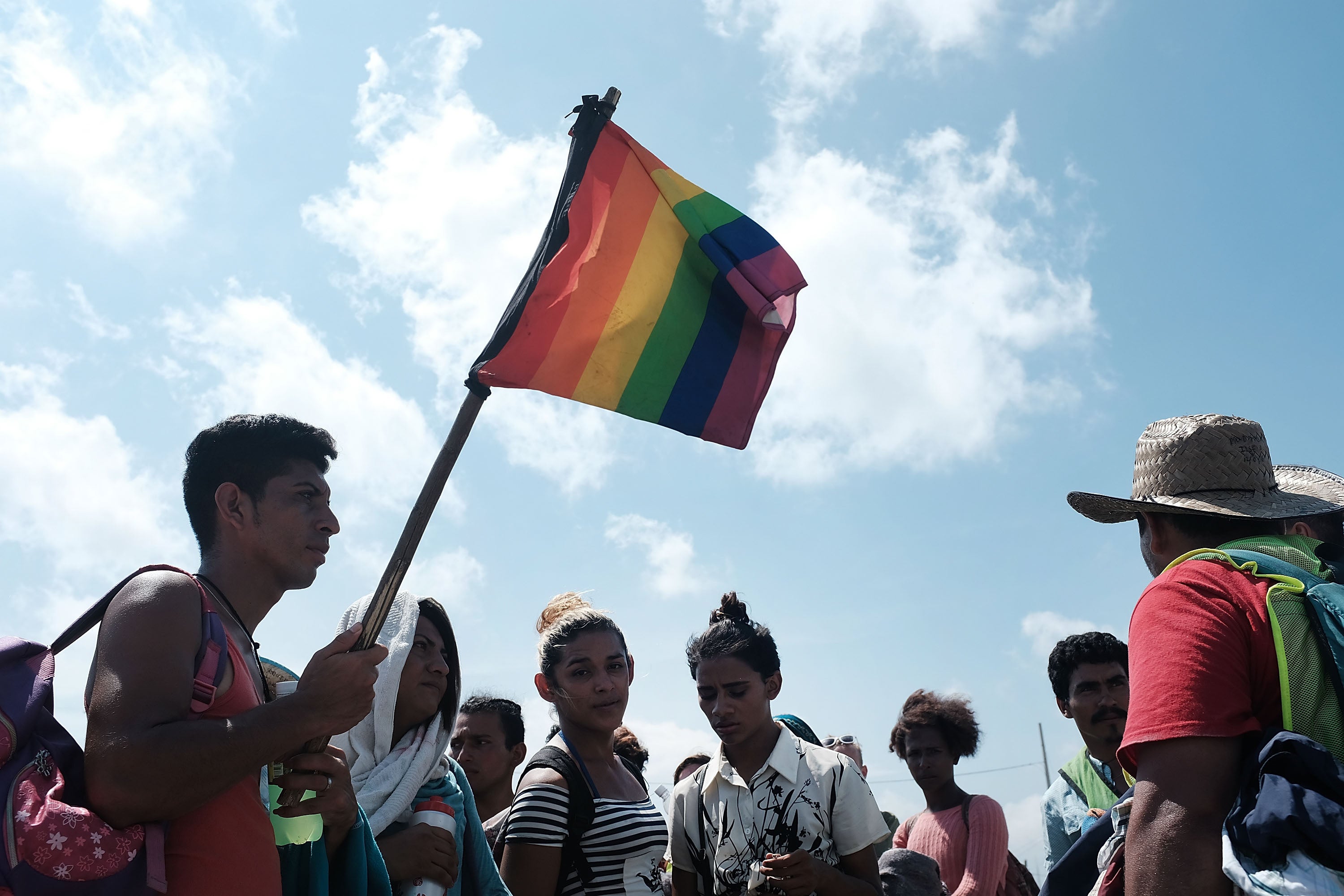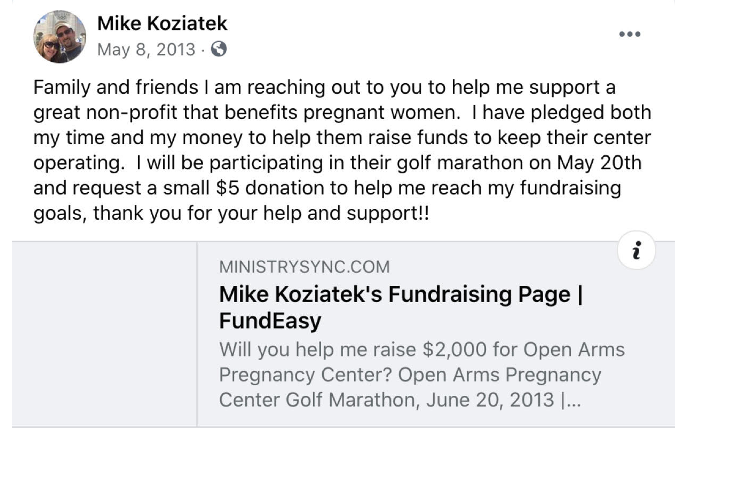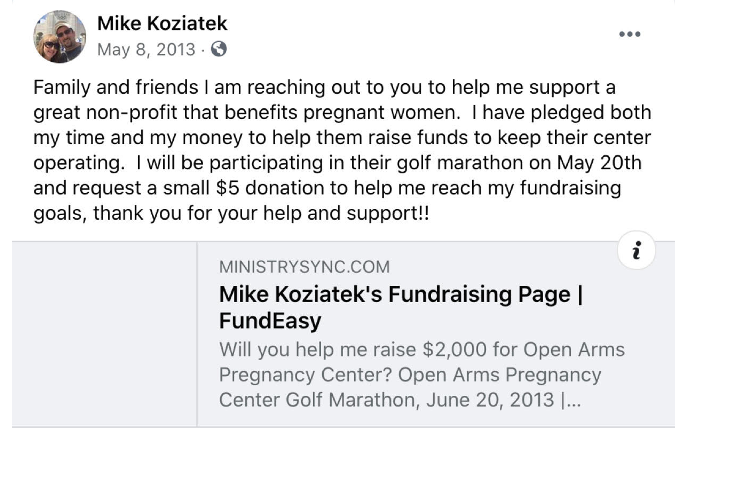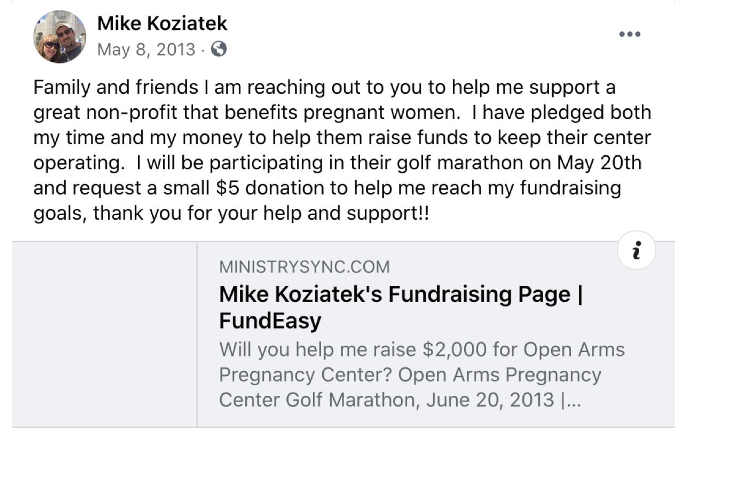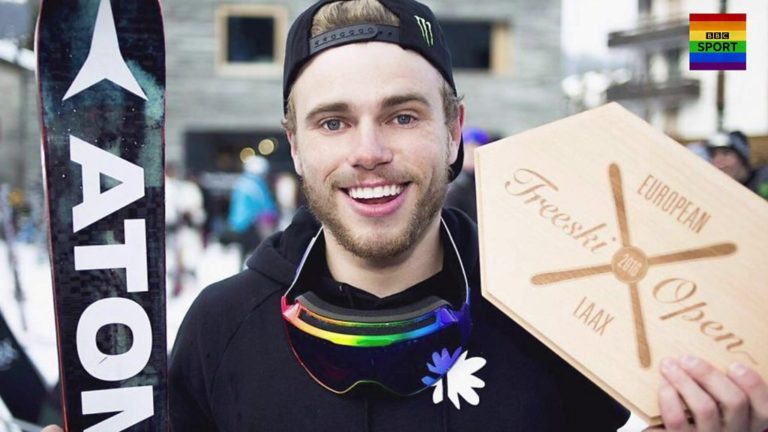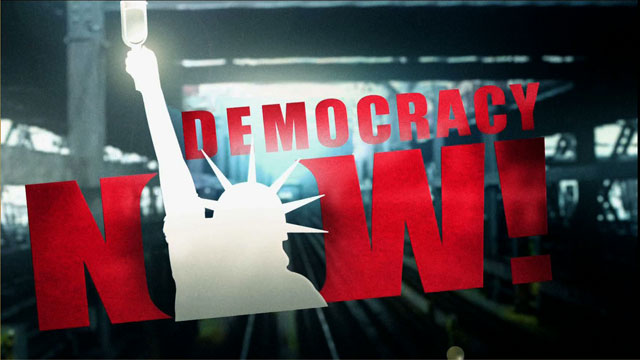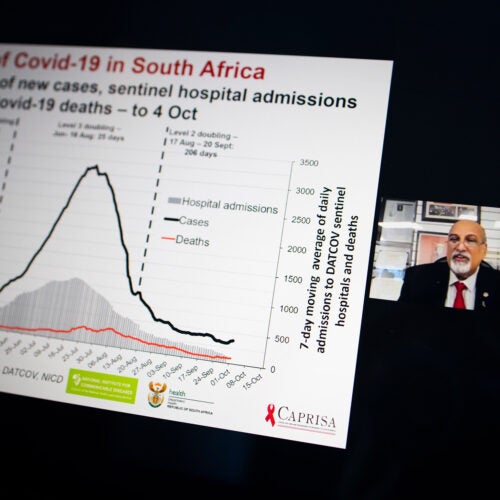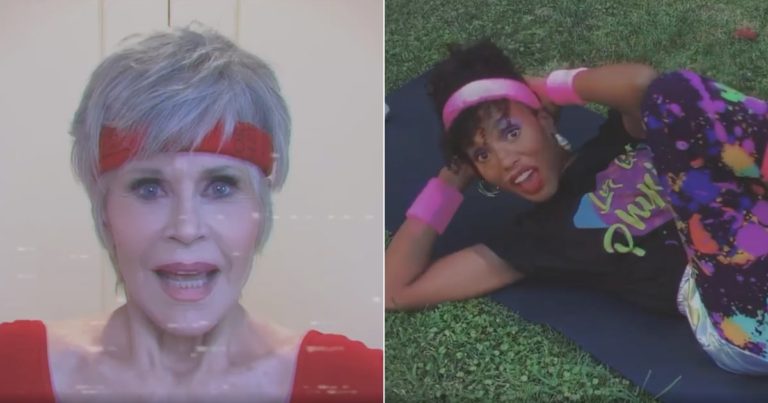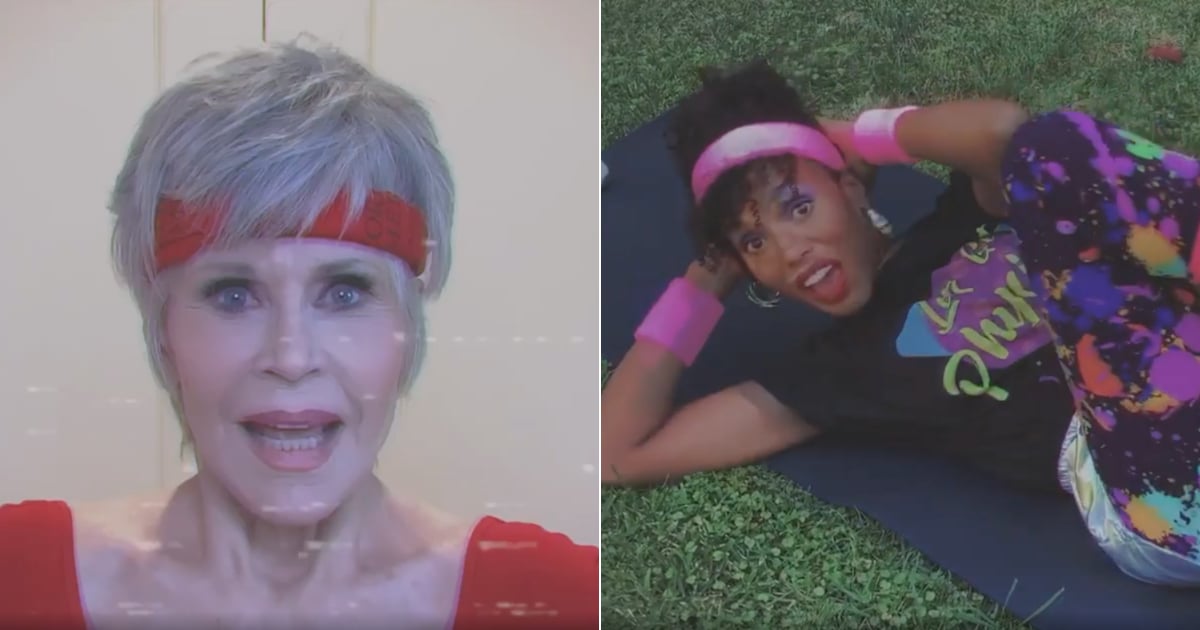Karolina Duzniak and her fiancee Ola Głowacka drive away from Kozy.
Kozy, Poland (CNN) — Karolina Duzniak has lived in the drowsy, tree-dotted Polish village of Kozy for 26 years. But she doesn’t feel herself until she gets into her car each morning, shuts the door and drives away.
“I prefer big cities,” she says, reflecting on her daily journey to work in nearby Bielsko-Biala, an industrial urban sprawl near the border with the Czech Republic. “I come back home and I feel bad. It’s not me.
“All the time I hide something.”
Duzniak is a confident, amicable career coach with a partner of 10 years, but she has good reason to hide one important aspect of her personality. She is gay, and gay people are not welcome in Kozy. An official document reminds them of that.
Last year, the surrounding Bielsko county — which includes Kozy and dozens of other towns and villages, but not Bielsko-Biala — passed a resolution supporting “traditional family values” and rejecting the LGBT community for “undermining the concept of a family model.”
“We encourage young people to start families which are by their essence a natural environment for self-realization,” the text reads. Families “shaped by the centuries-old heritage of Christianity,” and which are “so important for the comprehensive development of our homeland.”
The region is not an exception. In little over a year, hundreds of regions across Poland — covering about a third of the country, and more than 10 million citizens — have transformed themselves, overnight, into so-called “LGBT-free zones.”
![]()
Duzniak, left, and Głowacka hope to marry in Poland, but the country currently prohibits any kind of formal same-sex unions.
These areas, where opposition to LGBT “ideology” is symbolically written into law at state and local levels, have put Poland on a collision course with the European Union and forced sister cities, allies and watchdogs across the continent to recoil in condemnation. Local laws have been contested, and some communities that introduced such legislation have seen their EU funding blocked.
But the impact is felt most painfully — and daily — by the gay, lesbian and transgender Poles who live in towns that would prefer they simply weren’t there.
“I’m more stressed. For the first time in my life I’m very, very scared,” Duzniak says, reflecting on the resolution as she walks CNN around her hometown with her girlfriend Ola Głowacka.
Kozy — which translates as “Goats” — claims to be Poland’s most populous village. It is a slumbering place with a neat, well-maintained park, several churches and an 18th century palace that once welcomed local nobility and now serves as a cultural center and library.
But Duzniak tries not to talk about her partner when she’s in her hometown. “People would talk behind our back,” she says. “It’s strange for them. It’s something terrible. It’s unnormal, unnatural. They say that, sometimes.” Things are easier in Bielsko-Biala, where Głowacka lives, and where anti-LGBT intolerance has not been adopted in law.
Instead, the affection between the two is noticeable only in their glances, half-smiles and the engagement that they keep well-hidden when walking through Kozy. While they briefly hug when they meet each other, they would never — ever — hold hands.
“Of course not!” Duzniak says with a dismissive laugh, as if the concept were so outlandish as to not warrant a thought. “It’s not possible here,” adds Głowacka.
Poland is a country still steeped in Catholic custom and fiercely, reflexively defensive of its national tradition. Around nine in 10 Poles identify as Roman Catholics, and about 40% attend Sunday mass weekly.
![]()
A family arrives to Sunday mass at a Catholic church in Istebna. Poland is staunchly Catholic, and nearly half of Poles attend church weekly.
Parts of its particularly conservative, rural regions to the southeast have never embraced LGBT people; but now, homophobic rhetoric is uttered by the state and preached in churches, and hostility on the streets is boiling over.
During a reelection campaign partially dominated by the issue earlier this year, incumbent President Andrzej Duda — a staunch ally of US President Donald Trump — warned of an LGBT “ideology” more dangerous to Poland than communism. The governing party’s powerful leader, Jarosław Kaczyński, has claimed LGBT people “threaten the Polish state.” Its new education minister said last year that “these people are not equal to normal people.” And last year, Krakow’s archbishop bemoaned that the country was under siege from a “rainbow plague.”
“The church tells (worshippers) we are dangerous,” says Głowacka. The couple say that a few years ago, “people would just ignore us.” But not anymore; the surge of anti-LGBT rhetoric from governing officials has been met by a number of high-profile acts of violence at LGBT events, pro-government media frequently parrots the populist government, and Poland has now become the worst EU country for LGBT people in Europe according to continental watchdog ILGA-Europe.
When a massive EU study earlier this year found that LGBT+ people on the continent generally feel safer than they did five years ago, Poland was the glaring exception; two-thirds of gay, lesbian and transgender Poles said intolerance and acts of violence against them had increased, while four in five said they avoid certain places for fear of being assaulted — the highest rate in Europe.
And last year, a pro-government magazine was met with an angry backlash after handing out “LGBT-free” stickers to readers — allowing them to mimic their lawmakers by proclaiming that their homes, vehicles or businesses welcome only heterosexual people.
“My mum all the time asks me, are you OK? Are you with Ola?” Duzniak says. “All the time, she rings or texts,” worried about her daughter’s safety.
![]()
“I love this country. I was born here,” Duzniak says as she wears her engagement ring around Kozy. “It’s very important to me that if we have a wedding, if we get married and she is my wife, that it is respected by the law of this country.”
The couple have avoided the worst, for now. But neither Duzniak or Głowacka, who wear engagement rings despite the fact that same-sex marriage and civil partnerships are illegal in Poland, can avoid the daily stress of being who they are.
“It’s like I’m just less human than the other people,” says Głowacka. “They can hold hands, they have children. Just because they’re like they are, they are better. But why?”
“A lot of people know me,” adds Duzniak, referring to her neighbors in the village of 12,000 people. “I’ll never tell them (that I’m gay),” she says. “But I know that they know.”
‘John Paul II wouldn’t approve’
Homophobia exists not just on many of Poland’s streets, but in the closed-door council meetings where the freedom of LGBT people is debated; and where a visceral, deep-rooted and alarmingly casual sentiment is laid bare.
In Swidnik, a small town near the Ukrainian border, councilors painted gays and lesbians as “radical people striving for a cultural revolution,” accusing them of wishing to “attack freedom of speech (and) the innocence of children.” In Nowa Sarzyna, another eastern town, homosexuality was labelled “contrary to the laws of nature” and a violation of “human dignity.” And in the Lublin province, a sprawling area of eastern Poland home to more than 2 million citizens, LGBT rights campaigners were condemned by local lawmakers for seeking “the annihilation of values shaped by the Catholic church.”
It is from these debates, and amid a relentless eruption of anti-LGBT rhetoric from the country’s populist government and religious leaders, that the local laws emerge.
The country’s pursuit of intolerant, anti-LGBT legislation decorated as a defense of traditional values has also spurred comparisons with Russia, a typically unwelcome connection to draw in Poland; Moscow’s 2013 law banning LGBT “propaganda” relied on many of the same arguments, and fostered a similar global outcry.
But unlike Russia, where the international community has little sway, Poland has been thrust into a battle with Brussels over the legislation. At least six towns have lost EU funding over their adoption of “LGBT-free” bills. In the face of such global condemnation, the ruling Law and Justice Party has furiously rejected the “LGBT-free” characterization; when US presidential candidate Joe Biden condemned the regions last month, one Polish lawmaker retorted angrily that it was an LGBT activist who had used the label, and that he would stand trial for doing so.
The Polish government did not respond to CNN’s repeated requests for comment for this story. Following its publication, the Polish Embassy in the United States released a statement claiming that the zones — which cover a considerable area of the country’s southeast — “are legally non-binding declarations that have been adopted by a small minority of local governments in Poland.”
“They are declarations that represent the views of local officials on issues of moral salience, and may be viewed as both a voice within a larger discussion on gender and sexuality as well as a manifestation of the freedom of expression,” the statement added. “All individuals in Poland, including members of the LGBT community, have the right to full protection against hate, violence and discrimination.”
![]()
Tomek Zuber sits in the center of Czechowice-Dziedzice. In the past year, he has come out, attended his first Pride parade, and suffered his first experience with homophobia.
“Nationalism and Catholicism are very connected in Poland,” explains Tomek Zuber, a young bisexual man living in Czechowice-Dziedzice — a larger town just a few miles from Kozy that also lies within the wider “LGBT-free zone” of Bielsko.
At a square in the town center, a statue of Pope John Paul II looks upon the church Zuber used to attend as a schoolboy. The late Pope, an icon who evokes almost sacred adoration among many older Poles, wears a shy smile on his face, his arms outstretched as if he were about to embrace passersby in a hug. The pontiff was born just a few towns to the east, and is revered for giving Poles hope during the era of martial law — but his staunch opposition to homosexuality widened the chasm between many LGBT people and the church.
“His words are used for not giving LGBT people rights,” Zuber says. “‘John Paul II wouldn’t approve,’” he adds, imitating the admonitions of conservative Poles.
Those lessons are learned from an early age. At school in nearby Katowice, Zuber said his principal issued a warning to all students before their final-year prom: “No drinking, no smoking (and) no same-sex dancing.” He and his classmates rallied against the rule and, with the help of some of their parents, got it overturned.
“I had a phase where I was a really Catholic and spiritual person,” Zuber says. “But in the end … the Catholic church doesn’t seem to me like it’s true to most of the teachings they claim to follow.”

A statue of Pope John Paul II greets passersby in Czechowice-Dziedzice.

Zuber’s former church, which he attended as a child and a teenager.
The “LGBT-free zone” he lives in is a regular reminder. “The zones themselves don’t have any legal power, they’re mostly symbolic,” he notes. No signs go up overnight; no businesses become immediately empowered to refuse custom. “(But) it encourages the opposite-minded people to speak out against us, and be more active.”
Just two weeks before meeting with CNN, Zuber said he overheard an elderly lady say she was disgusted by his rainbow tote bag.
“It increases the fear,” he says.
What drives so many regions to adopt a bill that sends fear through many of their residents? “The interest of communities (is) not to protect romantic, emotional relationships, but the relationships that are fruitful,” Nikodem Bernaciak, an attorney whose firm wrote a template for an “LGBT-free” resolution that has since been adopted by dozens of Polish towns, tells CNN in a phone interview. His group, the Ordo Iuris Institute for Legal Culture, is despised among many Polish LGBT activists for its prominent role in driving the national backlash against LGBT rights.
![]()
A child on a scooter rides past the Bielsko council building, where the resolution to create an “LGBT-free zone” was drawn up.
“Informal relationships are not as strong as marriage, so the state chooses the kind of relationship that is more helpful.”
“The family needs to be protected against all kinds of threats,” Bernaciak says, explaining the basis of his group’s resolution. He argues that its wording is “positive” and does not mention LGBT people specifically, which critics say is merely an attempt to evade legal challenges.
Others, like the Bielsko region, choose instead to write their own resolutions that more directly single out those campaigning for equal rights for LGBT people. The Bielsko council refused multiple requests to comment on their reasoning for passing the bill, telling CNN they do not discuss the resolutions they enact.
But the message to LGBT people in Poland has been clear. “The Polish government used to use immigrants and the migration crisis as their scapegoat,” says Mathias Wasik, director of programs at the New York and London-based LGBT+ monitoring organization All Out — one of many human rights groups watching Poland from abroad. “Now, they’ve found the LGBT+ community as the next scapegoat.”
“The rhetoric they’re hearing from the government, from the pro-government media, from the church — all of that shows them, you don’t belong here.”
![]()
People gather at the Katowice Pride event on September 5.
‘He told us we were pedophiles’
For a few hours on one gloriously sunny recent Saturday, the scene in Katowice resembles any other European city.
In the bustling and more liberal southern location, rainbow flags flutter underneath a baby-blue sky. Revelers from the region, including Zuber, have gathered for the city’s third annual Pride parade.
The event hardly rivals events in London, Madrid or Berlin. Authorities estimate 200 people are present — and the crowd is dwarfed by 700 police officers, some in riot gear, who tightly surround the festivities.
But the parade provides comfort. “It gives this feeling of living in a normal city, in a normal country, where we don’t have nationalists wanting us to be gone,” Zuber says, after marching past the school in which he came to terms with his sexuality — and which tried to ban same-sex couples from dancing together.
![]()
Zuber marches past his former school, where he says his principal tried to ban same-sex dancing during prom.
Dominika, who has asked to be identified by her first name only for safety reasons, came to the event with her mother, young sister and 11-year-old brother. “We want to show him that LGBT people are normal,” she explains.
Hours earlier, she was on a train with a dozen others, travelling to Pride from “LGBT-free zones” around Bielsko-Biala. As the train approached Katowice, many changed into their Pride attire. Their rainbow socks, flags and T-shirts with slogans emerged from plain bags. Pins were attached. One young couple went to the bathroom to put makeup on, a move that would be unthinkable back at home. Few attendees wanted to risk boarding the carriage in rainbow colors.
But even before arriving at the parade’s starting point, the group was reminded of the daily dangers they face. A car pulled over, and the driver shouted “F**k faggots” out of the window.
It’s the first insult of many. “He told us we were pedophiles. He told me not to smile or he’d take my flag,” Dominika says. Moments later, a man walks past, shouting and theatrically pulling his children in the opposite direction as if to protect them from the group. An elderly lady weighs in, telling the group to go away.
![]()
From left: Dominika rides the train home from the Pride parade with her mother, Agata; brother, Szymon; and sister, Gosia.
“Two people love each other and they call them pedophiles just because they are different,” Dominika’s mother Agata says. “This is hard. It’s hard.”
Pride parades have taken on a tangible tension in Poland since violence at Bialystok last year, where an event was overrun by nationalists throwing rocks and bottles.
“I feel bad in Poland,” says David Kufel, an 18-year-old attendee at the event. “The President says I am not human.
“I have one friend who was kicked out of his home because he was gay. I don’t want to live in this country,” he says. “I just don’t want to have to fight all the time, just when I go out of my house.”

People watch from balconies as the Pride parade moves through Katowice.

David Kufel wears his rainbow socks to the Katowice Pride march.
Even in Poland’s larger cities, the antipathy is never far away. At one counter-protest near the parade, anti-LGBT activists set up a makeshift stall to gather signatures for a petition against LGBT events. They brought a big speaker that plays long homophobic monologues denouncing the LGBT community as “deviant” and “dangerous.” Many of those passing by stop to sign the petition. At times, a line forms.
“In Poland, we have a civil war between LGBT and normal, conservative people,” says Grzegorz Frejno, the 23-year-old who co-organized the protest with his wife. “We want to stop Pride parades.”
“We don’t want our kids to see that, to see the naked people on the street,” his wife Anna adds, gesturing towards a small group of clothed revelers doing the macarena nearby. She refers to LGBT activists as coming from “the dark side,” and says their petition has garnered 5,000 signatures in one afternoon, far outnumbering those celebrating at the event.
![]()
Anna Frejno and her husband Grzegorz Frejno, right, gather signatures for their petition.

Patryk Grabowiecki signed the petition to ban Pride marches.

Marchers are reflected in a police shield during the Pride parade. An estimated 700 officers packed Katowice during the event.
Several of those who came to support the anti-LGBT gathering told CNN they identify as Polish nationalists. Some wear high black boots and T-shirts adorned with slogans written in Fraktur, the old German typeface favored by Eastern European far-right groups. A few complained about “Antifa” infiltrating Poland’s streets among the protesters.
“I am disturbed. For them, anti-conception and abortion are the same thing. They are talking about murdering people,” says Patryk Grabowiecki, a tall man with a shaven head, wearing suspenders and black boots with white laces — classic identifiers of Eastern European far-right nationalism.
The gaggle of petitioners briefly and bitterly engage with Pride marchers, before police intervene. Dominka wearily says that engaging with the opposition is “pointless.”
“Of course I wouldn’t like for someone to try to hurt me, to beat me. But I am prepared for that — I have this pepper spray,” she says, displaying an item she keeps as a last resort. “I don’t want to use it.”
![]()
Anti- and pro-LGBT demonstrators confront one another following the Pride march in Katowice. Violence at previous events across Poland have made Pride parades tense encounters in the country.
‘We are the public enemy’
A day later, under a drab grey sky, locals in the southern village of Istebna filter into Sunday mass.
The village, surrounded by mountains and walking distance from both the Czech Republic and Slovakia, is home to just over 5,000 people. But since its “LGBT-free” status was deemed unconstitutional and annulled by a local court in July, the dozy town has been thrust into the heart of Poland’s battle over gay rights.
The court found that claims the zones target an LGBT “ideology” — and not LGBT people themselves — turn “a blind eye to reality.” The designation “harms LGBT people and strengthens their sense of threat,” it said.
Campaigners were overjoyed by the ruling. But activists in Istebna are already working to regain the “LGBT-free” label, and Sunday morning is an ideal time to rally support.

A family of parishioners make their way to Sunday mass in Istebna.

Jan Legierski stands outside the church, where he collects petitions to turn Istebna back into an “LGBT-free zone.”
“People here are against the (LGBT) ideology,” says Jan Legierski. He spends hours standing in the drizzle outside the church collecting signatures, lobbying for the court’s decision to be reversed.
“I don’t want this to affect my grandchildren,” he says, insisting that “children and future generations are not indoctrinated, and that they are not depraved.”
The church hosted four back-to-back packed masses that morning. Nearly everyone attending — older people, youngsters, children — signed the documents. Legierski started the small-scale movement with around a dozen friends, inspired by the resolutions being passed across the country.
![]()
Parishioners crowd around a table outside the church to sign Legierski’s petition.
The battle ongoing in Istebna, and countless towns like it, is rapidly pushing Poland into a geopolitical quagmire.
“There is no place for LGBTI-free zones in the EU or anywhere else,” Helena Dalli, the European Commissioner for Equality, tells CNN. Dalli has rejected town-twinning applications and pulled EU funding for a number of regions that pursued the designation, while Poland has been publicly condemned by EU Commission President Ursula von der Leyen.
“The claimed ‘LGBTI ideology’ that these charters supposedly address is only a veil to mask the underlying discrimination,” Dalli says. “Poland joined the European Union on a voluntary basis and must now respect the EU treaties and fundamental rights.”
![]()
“I’m in favor of normal families,” says Jerzy, a 71-year-old worshipper who signed the petition, arguing that the “LGBT-free” designation makes him feel safer. He declined to give his last name.
But inside the Istebna clergy house, deputy priest Grzegorz Strządała defends his town’s sentiment. “There are certain communities, societies, groups on this planet who try to impose a different way of thinking, which is in conflict with natural law,” he says, telling CNN he is comfortable with his parishioners supporting the petition outside. He says the organizers can count on his support.
“Jesus loved everybody, and this has not changed,” he adds. “However, sometimes people use certain words for certain supposedly Christian concepts, but really they’re talking about something completely different.
“The words love, acceptance, dignity, freedom — these words in the context of scripture have a particular meaning. In dialogue with LGBT people, we used the same words, but we mean something totally different.”
![]()
Deputy priest Grzegorz Strządała in the clergy house in Istebna.
Strządała’s comments reveal the glaring chasm between LGBT Poles and many of their staunchly Catholic compatriots — an abyss so wide, it can feel as if they’re speaking different languages.
Activists, including Bartosz Staszewski — arguably Poland’s most prominent LGBT rights campaigner — are determined to bridge that gap. Staszewski’s long-running attempt to highlight “LGBT-free zones” by plastering warning signs around every applicable region has drawn national attention, and made him the target of anti-LGBT organizations. Staszewski, along with other LGBT activists in Poland, is facing legal action over his demonstrations.
“This is a witch hunt, where we are the victims,” Staszewski tells CNN. “We are second-category citizens. It’s never happened before — we were simply not the subject. And now we are the subject, we are the public enemy.
“They all are against us.”
![]()
Istebna’s rolling hills and houses lie draped in fog.
Homophobic legislation and resolutions have forced many Poles to make a choice: leave town or stay quiet.
But the wave of resolutions has inspired many more to join Staszewski and find their voices. Zuber, Duzniak and Głowacka count themselves among those newfound activists, ordinary Poles for whom merely existing is an act of defiance.
“To be honest, I can move to a bigger town,” Głowacka says. “But there are many people who are younger, and cannot just move out from their families, and parents, and school.
“I think we have a job to do here.”
This story has been updated to reflect that Tomek Zuber identifies as bisexual. A surname of one of the people mentioned in this story has been removed. And a statement from the Polish Embassy in the United States has been added.




